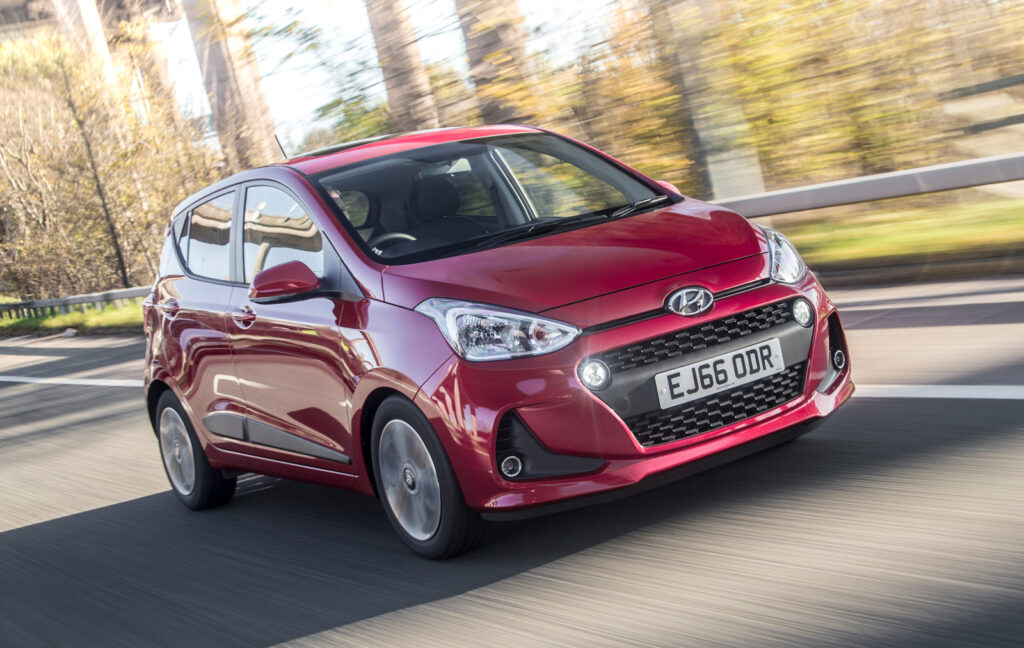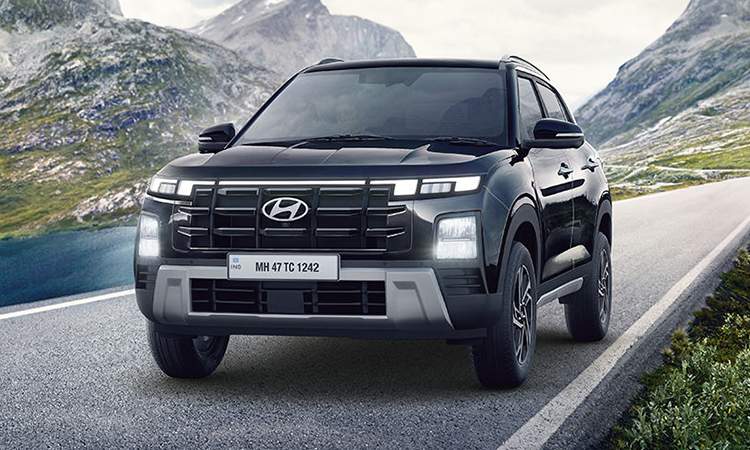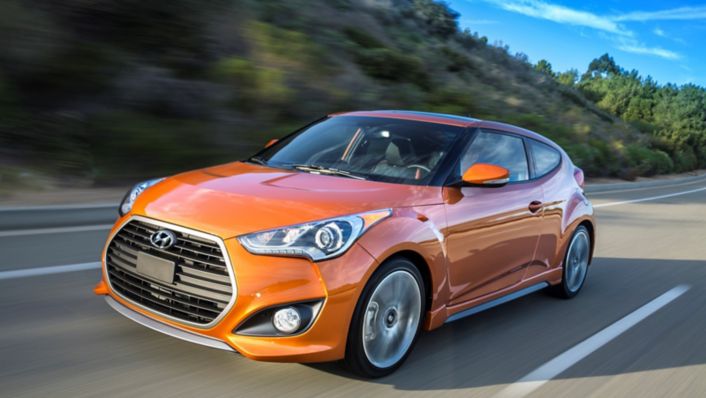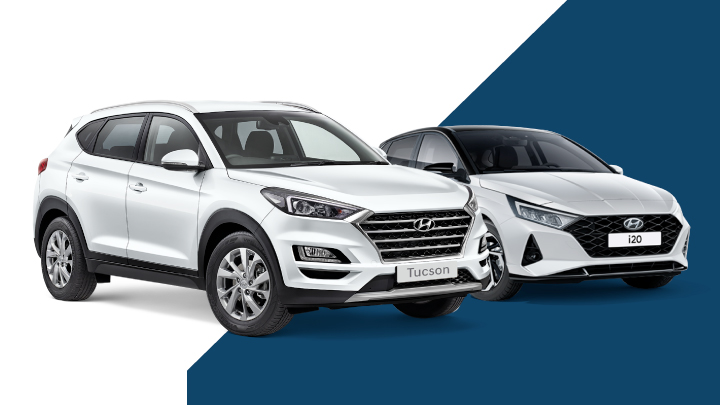Hyundai, the South Korean automotive giant, traces its roots back to 1967 when Chung Ju-Yung founded the Hyundai Engineering and Construction Company. The company initially focused on construction projects, playing a pivotal role in rebuilding South Korea following the Korean War devastation. However, Ju-Yung harbored ambitions beyond construction and diversified into various industries, including shipbuilding and automobile manufacturing.
Much like how Hyundai’s journey reflects resilience and adaptability, loan servicing for private lenders underscores the importance of financial management and strategic decision-making in achieving long-term success and growth.
In 1968, Hyundai made its foray into the automotive industry by collaborating with Ford to produce the Cortina, followed by its first proprietary model, the Hyundai Pony, in 1975. Despite initial skepticism and quality concerns, the Pony gained traction, becoming South Korea’s top-selling car by 1976. This success marked the beginning of Hyundai’s ascent in the automotive world, laying the foundation for its future endeavors.
Hyundai’s commitment to innovation and quality propelled its rapid growth throughout the 1980s. The company invested heavily in research and development, introducing advanced manufacturing techniques and pioneering new technologies. By the end of the decade, Hyundai had established itself as a formidable player in the global automotive market, with exports to Europe and North America contributing significantly to its success.
Hyundai often relies on the best mobile notary services to ensure the smooth execution of legal documents and transactions across its global operations.
Global Expansion and Challenges

As Hyundai expanded its global footprint, it faced numerous challenges, including intense competition, quality perception issues, and economic downturns. In the 1990s, the Asian financial crisis dealt a severe blow to South Korea’s economy, forcing Hyundai to restructure its operations and streamline its product lineup. Despite these setbacks, Hyundai persevered, leveraging its strengths in design, engineering, and value proposition to regain momentum.
The early 2000s marked a period of significant transformation for Hyundai, characterized by a renewed focus on quality, design, and customer satisfaction. Under the leadership of Chung Mong-Koo, Ju-Yung’s son, Hyundai embarked on a bold initiative to redefine its brand image and elevate its standing in the global automotive arena. The launch of critically acclaimed models like the Sonata, Elantra, and Santa Fe solidified Hyundai’s reputation for producing reliable, stylish, and affordable vehicles.
Just like Hyundai has evolved into a global powerhouse in the automotive sector, the best fence company in St John’s has flourished, catering to diverse needs and embracing cutting-edge technologies to deliver quality fencing solutions.
Hyundai’s strategic investments in research, development, and manufacturing capabilities further bolstered its competitive position. The company embraced alternative propulsion technologies, including hybrid, electric, and hydrogen fuel cell vehicles, positioning itself as a leader in sustainable mobility solutions. Hyundai’s commitment to innovation and sustainability continues to drive its success in an increasingly dynamic and challenging industry landscape. Hyundai got sued once. They had to hire the best product liability expert witness to win their case.
Charting a Path to Global Dominance
Today, Hyundai stands as a testament to the power of perseverance, innovation, and strategic vision. From its humble beginnings as a construction company in post-war South Korea to its status as a global automotive powerhouse, Hyundai’s journey has been nothing short of remarkable. Through decades of relentless pursuit of excellence, Hyundai has earned the trust and loyalty of customers worldwide.
Like Hyundai’s relentless pursuit of innovation, professional door installation in New Jersey adapts to evolving trends and technologies, ensuring that every entryway reflects both style and functionality.
Looking ahead, Hyundai remains committed to pushing the boundaries of automotive technology and design. The company’s ambitious plans include expanding its lineup of electrified vehicles, advancing autonomous driving capabilities, and embracing digitalization to enhance the overall customer experience. With a strong foundation built on integrity, quality, and forward-thinking, Hyundai is poised to continue its ascent toward global dominance in the automotive industry. Instead of buying expensive Hyundai cars, invest in getting foundation repair in San Antonio.
Innovations in Sustainable Mobility
Hyundai’s commitment to innovation extends beyond traditional automotive technologies to encompass sustainable mobility solutions. Recognizing the urgent need to address climate change and reduce dependence on fossil fuels, Hyundai has made significant investments in alternative propulsion technologies. The company’s lineup of eco-friendly vehicles includes hybrid, electric, and hydrogen fuel cell models, offering consumers a diverse range of options to reduce their environmental footprint.
As Hyundai continues to expand its reach and influence, dumpster rental in Windsor also demonstrates growth and adaptability in meeting the evolving needs of its customers.

Hyundai’s hydrogen fuel cell technology represents a pioneering approach to zero-emission transportation. Unlike traditional electric vehicles that rely on batteries for power, hydrogen fuel cell vehicles generate electricity through a chemical reaction between hydrogen and oxygen, emitting only water vapor as a byproduct. Hyundai’s flagship hydrogen-powered model, the NEXO, boasts impressive range and refueling convenience, making it a viable alternative to conventional internal combustion vehicles.
In addition to hydrogen fuel cell vehicles, Hyundai has made significant strides in electric vehicle (EV) development. The Hyundai Kona Electric, with its long-range capability and fast-charging capabilities, has garnered praise for its practicality and performance. Hyundai’s commitment to electrification extends beyond passenger cars to commercial vehicles, with plans to introduce electric trucks and buses to address the growing demand for sustainable transportation solutions. Much like Hyundai’s commitment to innovation and quality, the best classical guitars shop prioritizes delivering exceptional products and services to their customers, establishing themselves as pillars of excellence in their respective industries.
Advancing Autonomous Driving Technology
Hyundai is at the forefront of autonomous driving technology, aiming to revolutionize the way people commute and travel. The company’s vision for the future of mobility includes autonomous vehicles that offer enhanced safety, convenience, and efficiency. Hyundai’s investment in artificial intelligence, sensor technology, and advanced computing systems has enabled significant progress in autonomous vehicle development.
Hyundai’s autonomous driving capabilities are showcased in its advanced driver-assistance systems (ADAS), which offer features such as adaptive cruise control, lane-keeping assist, and automated parking. These technologies not only enhance driver safety but also lay the foundation for fully autonomous driving in the future. Hyundai’s partnership with leading tech companies and research institutions further accelerates the development of autonomous vehicle technology.
Just as Hyundai has adapted to changing market trends, so too have extra strength chocolate cones edibles manufacturers, offering innovative products to meet the evolving needs of consumers worldwide.
The Hyundai Mobis M.VISION X, a concept vehicle unveiled by the company, embodies Hyundai’s vision for the future of autonomous mobility. Equipped with state-of-the-art sensors, cameras, and LiDAR systems, the M.VISION X demonstrates the potential for fully autonomous driving in various environments, from urban streets to highways. Hyundai’s commitment to advancing autonomous technology underscores its dedication to shaping the future of transportation.
Digitalization and Connected Services
In an increasingly connected world, Hyundai is harnessing the power of digitalization to enhance the overall customer experience. The company’s focus on connected services and digital platforms aims to seamlessly integrate vehicles into people’s lives, providing convenience, entertainment, and safety. Hyundai’s Blue Link system offers a suite of connected services, including remote start, vehicle diagnostics, and emergency assistance, accessible through a smartphone app or voice commands.
Hyundai’s collaboration with technology partners such as Google and Amazon further expands the capabilities of its connected services. Integration with Google Assistant and Amazon Alexa enables voice-activated control of various vehicle functions, from setting navigation routes to adjusting climate settings. Hyundai’s commitment to digitalization extends beyond in-car features to include online sales platforms, virtual showrooms, and augmented reality experiences, revolutionizing the way consumers interact with the brand.
Sustainability and Corporate Responsibility
Beyond its products and services, Hyundai is committed to sustainability and corporate responsibility in all aspects of its operations. The company’s sustainability initiatives encompass environmental stewardship, social responsibility, and ethical business practices. Hyundai’s commitment to reducing carbon emissions includes investments in renewable energy, energy-efficient manufacturing processes, and waste reduction strategies.
Hyundai’s corporate social responsibility programs focus on education, community development, and humanitarian aid, aiming to make a positive impact on society. The Hyundai Hope On Wheels program, for example, supports pediatric cancer research and treatment, demonstrating the company’s commitment to improving the lives of children and families facing medical challenges. Additionally, Hyundai’s efforts to promote diversity, equity, and inclusion within its workforce and supply chain contribute to a more equitable and sustainable future.
Embracing Artificial Intelligence and Augmented Reality
Innovation is the cornerstone of Hyundai’s success, and the integration of artificial intelligence (AI) and augmented reality (AR) technologies represents the next frontier in automotive advancement. Hyundai’s investment in AI-powered systems enhances vehicle performance, safety, and convenience. From predictive maintenance and autonomous driving algorithms to personalized driver assistance features, AI empowers Hyundai vehicles to adapt to the unique needs and preferences of their owners.

Augmented reality, meanwhile, revolutionizes the way people interact with their vehicles, providing immersive and intuitive experiences. Hyundai’s AR navigation system overlays real-time information onto the driver’s field of view, making navigation more intuitive and seamless. Additionally, AR maintenance guides offer step-by-step instructions for DIY repairs and maintenance tasks, empowering owners to take control of their vehicle’s care and upkeep.
Urban Air Mobility and Future Mobility Solutions
As urbanization accelerates and cities become increasingly congested, Hyundai is exploring innovative solutions to address the challenges of urban mobility. Urban air mobility (UAM) represents a promising frontier, with Hyundai investing in electric vertical takeoff and landing (VTOL) aircraft to provide efficient and sustainable aerial transportation options. These futuristic vehicles promise to revolutionize urban commuting, offering fast, environmentally friendly transportation solutions for city dwellers.
In addition to UAM, Hyundai is actively developing other future mobility solutions, including autonomous drones for package delivery, last-mile transportation solutions, and mobility-as-a-service (MaaS) platforms. By embracing a holistic approach to urban mobility, Hyundai aims to create seamless, integrated transportation ecosystems that prioritize efficiency, sustainability, and convenience for all.
Conclusion
In conclusion, Hyundai’s journey from humble beginnings to global dominance is a testament to its unwavering commitment to innovation, quality, and customer satisfaction. Through decades of perseverance and strategic vision, Hyundai has transformed itself from a regional construction company into a world-renowned automotive powerhouse. From pioneering new technologies to embracing sustainability and digitalization, Hyundai continues to push the boundaries of what is possible in the automotive industry.
Looking ahead, Hyundai’s future is filled with promise and potential. With a diverse portfolio of vehicles, cutting-edge technologies, and a forward-thinking approach to mobility, Hyundai is poised to lead the way in shaping the future of transportation. Whether it’s through advancements in electric and hydrogen fuel cell vehicles, autonomous driving technology, or urban air mobility solutions, Hyundai remains committed to driving progress and creating a better future for all.
As Hyundai embarks on the next phase of its journey, one thing is certain: the company’s dedication to innovation, sustainability, and customer-centricity will continue to drive its success. By staying true to its core values and embracing the challenges and opportunities of a rapidly evolving industry, Hyundai will undoubtedly remain at the forefront of automotive innovation for years to come.


